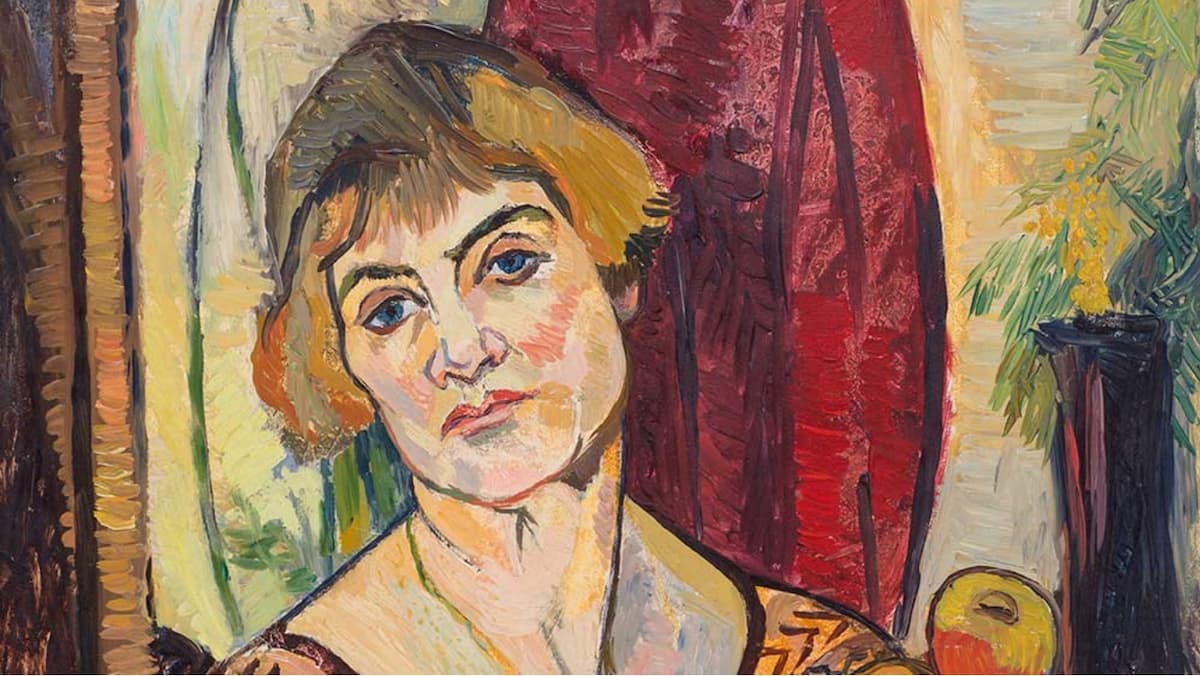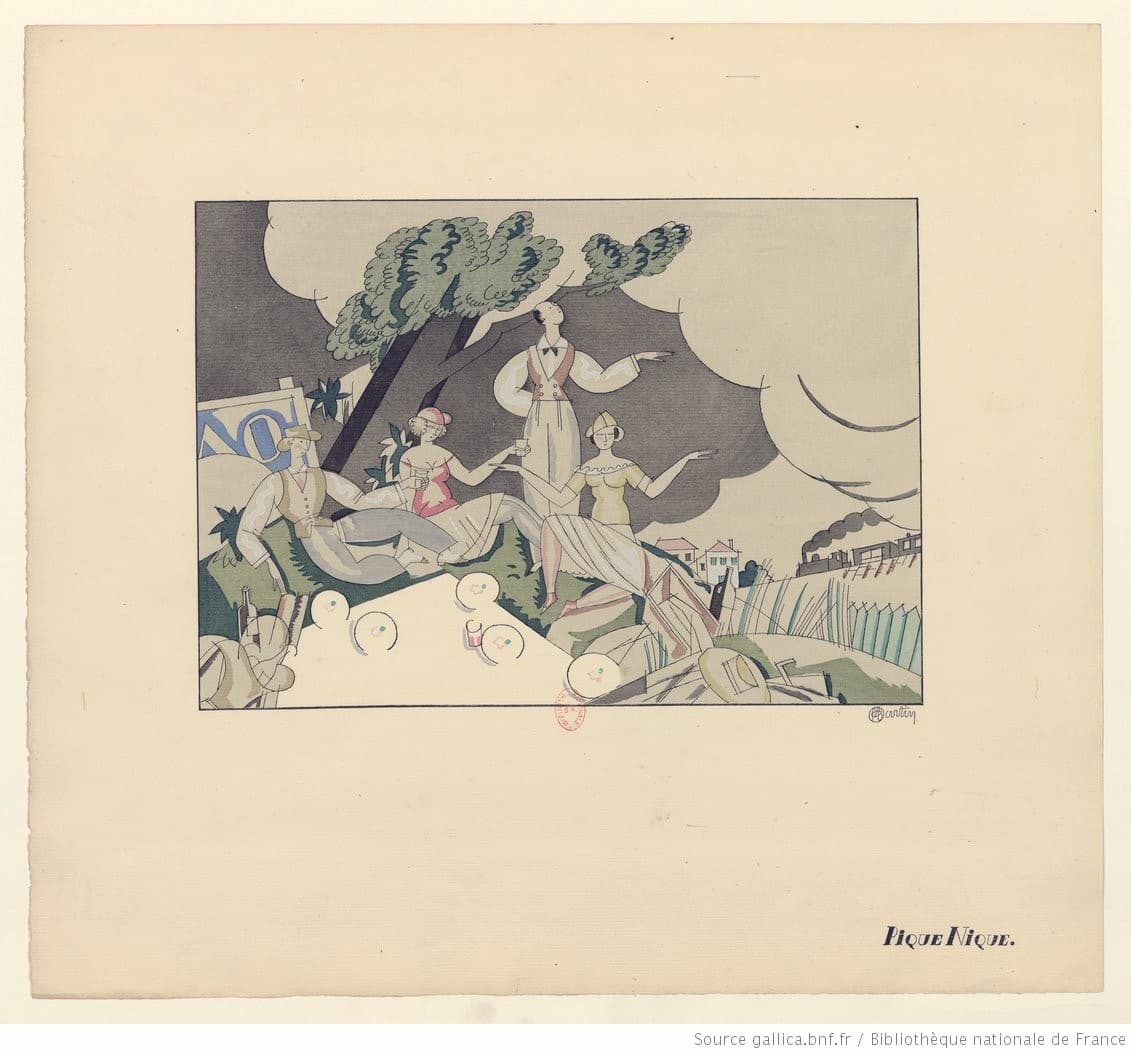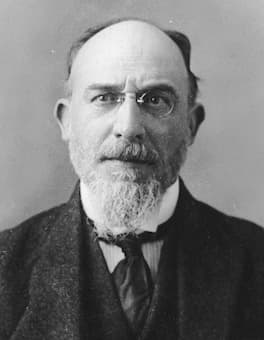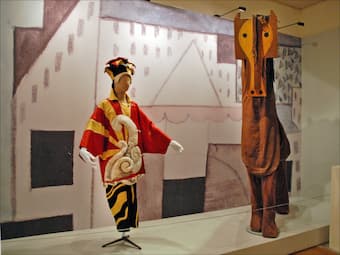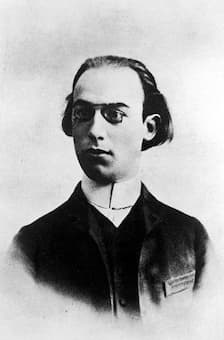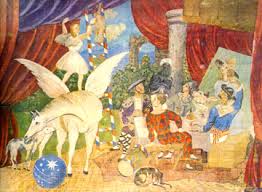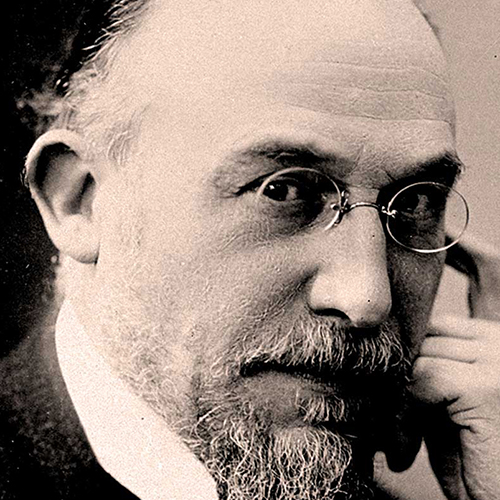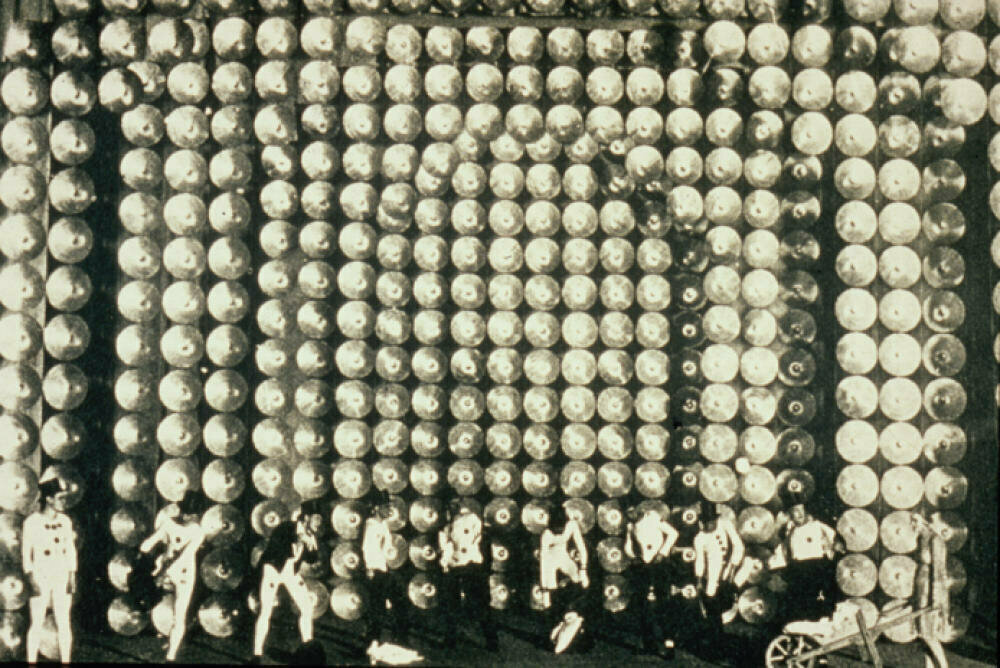She was composer Erik Satie’s one true love. But artist Suzanne Valadon was so much more than that. Here are thirteen facts you may not know about Suzanne Valadon: 1. She was born Marie-Clémentine Valadon in Haute-Vienne, France, in 1865.
Satie
Erik Satie: Sports et Divertissements Erik Satie‘s piano cycle Sports et divertissements was inspired by twenty drawings by the caricaturist Charles Martin, or perhaps it was the other way around: it was Satie’s ideas for the music that inspired the
Decades of heavy alcohol consumption finally caught up with Erik Satie in February 1925. He started to experience a rapid decline in health due to cirrhosis of the liver and pleurisy in January 1925, and he was initially cared for
The famed Folies Bergère in Paris was built as an opera house and initially opened its doors by offering performances of light entertainment, including operettas, comic opera, popular songs, and gymnastics. The venue reached the height of its fame and
Although we associate ragtime music with composers such as Scott Joplin and Joseph Lamb, we rarely consider what effect this new musical style might have had internationally. Through performers such as Jelly Roll Morton and band leaders such as W.C.
The premiere of the ballet Parade at the Théâtre du Châtelet in May 1917 turned into a veritable riot. Jean Cocteau, the author of the story claimed, “I have heard the cries of a bayonet charge in Flanders, but it
French composer Erik Satie was a curious, eccentric man. He had a penchant for grey corduroy suits (he had seven identical ones) and umbrellas, and apparently only ate white food. His response to a critic who said his music lacked
Multimedia was alive and well in 1924, and with the title Relâche—loosely translated into “No Performance today,” or “Theatre Closed”—everybody automatically knew that the ballet collaboration between Francis Picabia and Erik Satie was in the firm grip of Dadaism.

